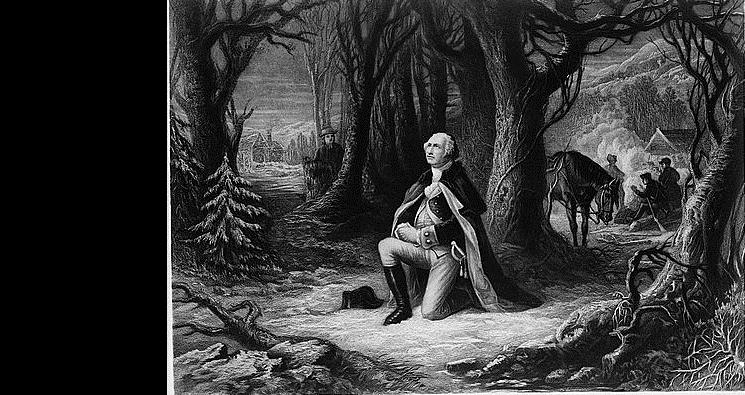Protecting Religious Freedom: The Obama Administration vs. The Founders
While Justice Sotomayor considers the emergency motion filed by the Little Sisters of the Poor, which would allow them to adhere to their religious beliefs while their case goes up on appeal, we should stop to consider a few remarks from our Founders on the importance of religious freedom.
In 1789, one year after the ratification of the U.S. Constitution, President George Washington wrote a letter to the United Baptists in Virginia stating, in no uncertain terms, that religious freedom must always be preserved and protected:
If I could have entertained the slightest apprehension that the Constitution framed in the Convention, where I had the honor to preside, might possibly endanger the religious rights of any ecclesiastical Society, certainly I would never have placed my signature to it; and if I could now conceive that the general Government might ever be so administered as to render the liberty of conscience insecure, I beg you will be persuaded that no one would be more zealous than myself to establish effectual barriers against the horrors of spiritual tyranny, and every species of religious persecution.
As Washington said elsewhere, “the establishment of Civil and Religious Liberty was the Motive that induced me to the field of battle.”
Fourteen years later, soon after the Louisiana Territory was acquired by the United States in 1803, the French Ursuline Sisters of New Orleans wrote to President Thomas Jefferson seeking assurances that “the spirit of justice which characterizes the United States of America” would allow them to continue their spiritual and corporal works of mercy.
Thomas Jefferson replied that “the principles of the Constitution and government of the United States are a sure guarantee [that your religious institution] will be preserved to you sacred and inviolate, and that your institution will be permitted to govern itself according to its own voluntary rules, without interference from the civil authority. . . .” Jefferson concluded his letter by assuring the sisters that their religious institution would receive “all the protection which my office can give it.”
James Madison, the Father of the Constitution, opined that “Conscience is the most sacred of all property” and that man “has a property of peculiar value in his religious opinions, and in the profession and practice dictated by them.” Religion, Madison wrote, is “precedent” to “the claims of Civil Society.”
Even before these statements by Washington, Jefferson, and Madison -- in fact, even before the Declaration of Independence in 1776 -- the Continental Congress passed a resolution in 1775 granting exemptions from military conscription to those with pacifist religious convictions:
As there are some people, who, from religious principles, cannot bear arms in any case, this Congress intend no violence to their consciences, but earnestly recommend it to them, to contribute liberally in this time of universal calamity, to the relief of their distressed brethren in the several colonies, and to do all other services to their oppressed Country, which they can consistently with their religious principles.
Thus, even when the country was in dire need of citizens to take up arms to fight for independence, our forefathers knew that conscience is inviolable and must be honored. They understood that to conscript men into military service against their conscience would have undermined the very cause of liberty to which they pledged their lives, property, and sacred honor.
Now, take these principles and compare them to the actions of the current administration, which has often treated religious exercise as an obstacle to be overcome rather than a fundamental freedom to be protected. Which better grasps the importance of religious freedom: the Obama administration or the Founders? Which demonstrates an undying commitment to preserving and protecting religious freedom: the Obama administration or the Founders? Most fundamentally, whose vision of religious freedom should guide our nation, now and in the future?
Finally, if the first right recognized in the Bill of Rights becomes viewed as too outmoded and antiquated to protect in modern America, which other rights will be discarded next?
